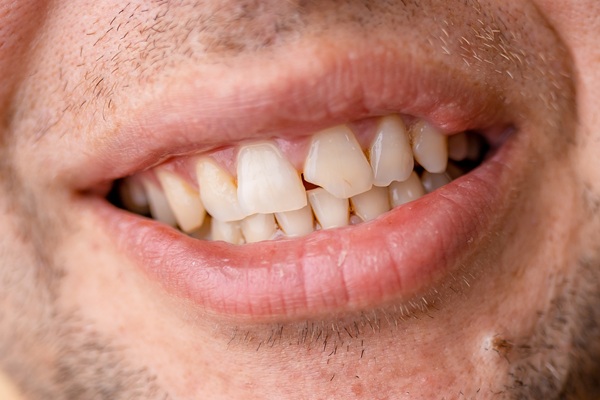Ask a Kid-Friendly Dentist: Can Dental Sealants Be Applied to Baby Teeth?

Dental sealants are thin coatings that your dentist can place on your child’s teeth. These are usually placed on the back teeth because there are more grooves on them. The sealant is thin enough that it will mold to the surface of the tooth. This provides a snug fit. Keep reading to learn more about dental sealants for your child.
What are dental sealants?
The goal of dental sealants is to prevent decay. It can form a protective shield on each tooth. That way, bacteria and plaque cannot form on the tooth itself. Brushing and flossing can get rid of the plaque and food particles.
However, this cannot always clean the smaller areas of the back teeth. The sealants can easily protect vulnerable parts of the teeth. With dental sealants in place, food and plaque can no longer enter the area. This is good for both baby and adult teeth in children.
Who is a candidate for dental sealants?
A child is more likely to get decay in the premolars than an adult. This means that both teenagers and children can get dental sealants. Even the primary teeth can be vulnerable to bacteria. This makes sealants a good idea as soon as these teeth come in. Adults who do not have fillings or decay can also benefit from getting sealants.
Once the permanent molars have come in, a child might get sealants. That way, the barrier can protect the teeth for a long time to come. Sealants are even more important from the ages of 6 to 14. For baby teeth, sealants work well when there are many grooves and depressions in them. The primary teeth play a vital role when it comes to keeping space for the permanent teeth. It is important to prevent the teeth from being lost too soon.
How does a dentist apply dental sealants?
It is not painful for a child to get dental sealants. The application process takes only a few minutes. First, the dentist will clean each of the teeth. That way, no bacteria will get trapped against the tooth. Then the dentist can dry each of the teeth and put cotton around them. That way, the teeth will stay dry.
The chewing surface of the teeth will then have an acidic solution, which will roughen the teeth. This allows the sealant to better bond to the teeth. Then the teeth can be rinsed and dried off. Finally, the dentist can paint the sealant on the enamel. It will bond to the tooth and become hard. A curing light may be used in some cases to allow the sealant to harden faster.
Choose dental sealants today
Sealants can be applied to both adult and primary teeth. This is a measure that can prevent cavities from forming. The sealant can last for up to 10 years. You will want to bring in your child for regular checkups to see how well their sealants are holding up.
Request an appointment here: https://www.lilburnfamilydentistry.com or call Lilburn Family Dentistry at (770) 800-0178 for an appointment in our Lilburn office.
Check out what others are saying about our services on Yelp: Read our Yelp reviews.
Recent Posts
Dental crowns are restorations that can address a range of dental issues, from severely damaged teeth to protecting a tooth after a root canal. They help preserve oral health and enhance a smile's appearance. In addition to being versatile, they are available in different materials, which can be helpful for individuals who want options.Dental crowns…
A broken tooth is a common dental issue that can happen for many reasons, such as accidents, biting into something hard, or untreated tooth decay. Whether a dentist can save a broken tooth or needs to remove it depends on how severe the damage is and how quickly patients seek treatment. While modern dental techniques…
Dental crowns are a popular dental restoration, effectively preserving and enhancing the function of damaged or weakened teeth. These custom-made caps are designed to fit over the existing tooth, providing both structural support and improvements in your smile's appearance. However, not all dental crowns are created equal. The type of dental crown you choose can…
Your dentist can help determine if you need dental crowns. There are many reasons for getting these restorations. The main goal is always to restore the tooth and enhance its functions. Here are the signs you may need dental crowns soon.Losing at least one tooth can cause more dental problems. It can lead to dental…


